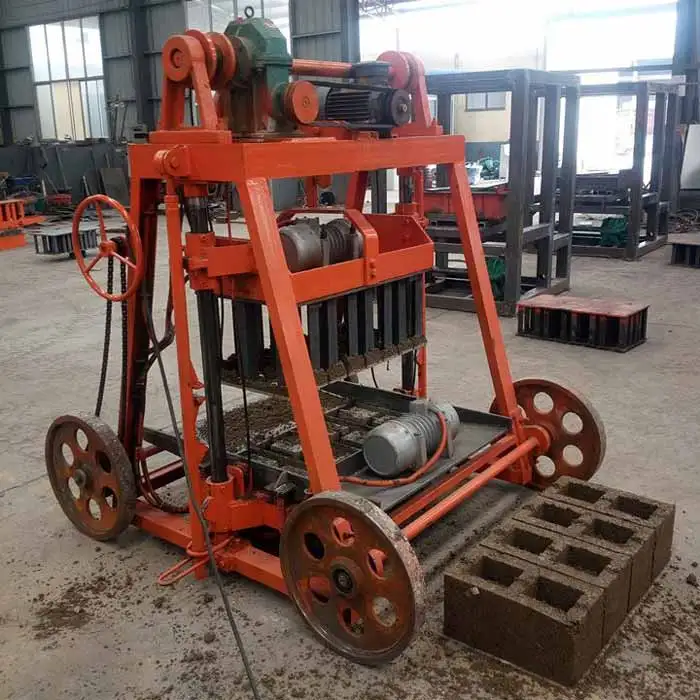
One of the best-known, Nassau Senior, consistently opposed British government famine relief, and was reported by a horrified Oxford University colleague as saying that ‘he feared the famine of 1848 in Ireland would not kill more than a million people, and that would scarcely be enough to do much good.’ Then, as now, ordinary people felt empathy for others who were suffering, and acted accordingly.īut many economists were much more hard-hearted.

Former slaves in the Caribbean, convicts in Sing Sing prison in New York, Bengalis both rich and poor, and Choctaw Native Americans all donated money, as did celebrities such as the Ottoman Sultan Abdulmecid and Pope Pius IX. The Irish famine sparked a worldwide relief effort. By the time the Irish famine ended, about a million people out of an initial total of 8.5 million had died, which in percentage terms is equivalent to the mortality suffered by Germany through defeat in the Second World War. The ‘potato blight’, as it became known, devastated Irish food supplies for the rest of the decade.

It caused potatoes to rot in the ground, but by the time it became clear that a plant was infected, it was too late. In 1845, a mysterious disease appeared for the first time in Ireland. The permanent technological revolution associated with capitalism allowed some countries to make a transition to sustained growth in living standards.Population, the productivity of labour, and living standards may interact to produce a vicious circle of economic stagnation.These rewards are destroyed by competition once the innovation diffuses throughout the economy.In a capitalist economy, innovation creates temporary rewards for the innovator, which provide incentives for improvements in technology that reduce costs.Wages, the cost of machinery, and other prices all matter when people make economic decisions.Economic models help explain the Industrial Revolution, and why it started in Britain.How improvements in technology happen, and how they sustain growth in living standards History, instability, and growth Innovation


 0 kommentar(er)
0 kommentar(er)
